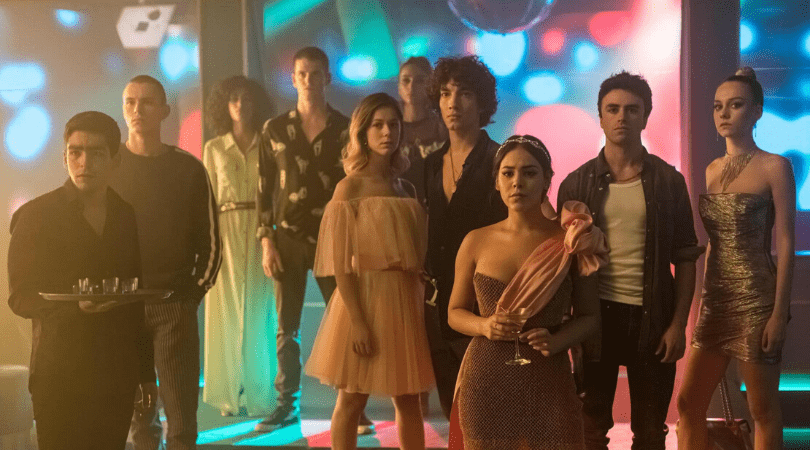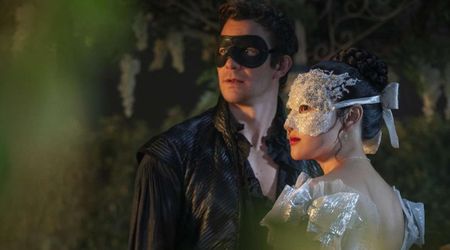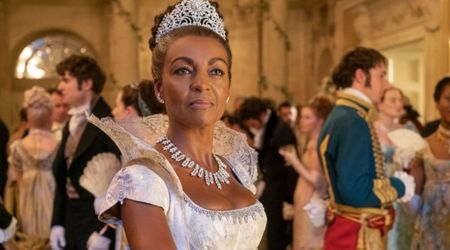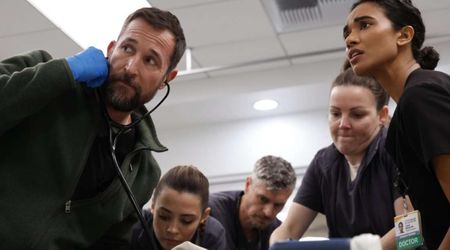'Blood & Water': Netflix original is a South African version of 'Elite' but explores socioeconomic issues better

Spoilers for 'Blood & Water' Season 1
When Netflix first dropped its Spanish original teen drama, 'Elite', the streaming service created waves with the content of the show. Featuring overtly sexualized teenagers, 'Elite' began with the premise of three scholarship students attending an elite school where they mingled with the rich and how their socioeconomic differences played a role in their lives.
However, the show soon became about sex, drugs, murder and mayhem after a student gets killed in the first season. The actual culprit is able to get away because they were able to hide the evidence. In Season 3, though it is common knowledge who the real murderer is, the police are not able to arrest him because of the lack of evidence. Moreover, the culprit comes from a rich family whose parents are willing to spend as much as it takes to clear their son's name.
While 'Elite' aimed to be a prescient narrative on how socioeconomic differences play out in a high school setting, that was soon drowned in the drama among the hormonal teenagers. However, Netflix's newest original teen drama, 'Blood & Water', the streaming service's second South African original series after 'Queen Sono', could do what 'Elite' couldn't.
In 'Blood & Water', we meet Puleng Khumalo (Ama Qamata), whose older sister was abducted as a baby from the hospital the day she was born. In the first episode, Puleng's father is accused of selling the newborn baby and is arrested.
Puleng, who has suspicions that 17-year-old Fikile Bhele (Khosi Ngema) whom she met at a party earlier might be her long lost sister. She decides to transfer to Parkhurst Academy, where Fikile is a student, to prove that she is indeed her sister and clear her father's name.

Parkhurst is an elite prep school, much like the prestigious school in 'Elite', and there, Puleng meets kids from different socioeconomic backgrounds. There is the rich, spoilt kids circle led by Fikile and on the other side is Wendy Dlamani (Natasha Thahane) and Tahira Khan. Tahira and Fikile are both running for Head Girl.
While Tahira is a scholarship student, Wendy is the daughter of a minister. She is very woke in her attitude. During history class when the teacher speaks about the Holocaust, Wendy insists it is important to discuss Belgium's King Leopold II and how he led to the death of millions of Africans in the Congo during Belgium's imperial rule.
In the same breath, she believes that Tahira ought to become Head Girl because Fikile gets everything handed to her by virtue of being a rich girl. For the most part, Fikile seems okay, except when she acts out at Puleng when she thought the latter wrote a disparaging article on her. And it makes no sense for Wendy to dislike Filike on the basis of her privilege alone.
Yes, Wendy might be right in that the privileged students are afforded more opportunities and the chances to succeed in life, but surely she has better ways to prove it than by changing Puleng's article without informing the latter about it.
These are just some of the ways in which 'Blood & Water' explores how students from different social circles tend to fare and the impact their backgrounds have on what happens in school. By its third episode alone, 'Blood & Water' does more on this conversation than 'Elite' did in three seasons.
'Blood & Water' is now streaming on Netflix.










